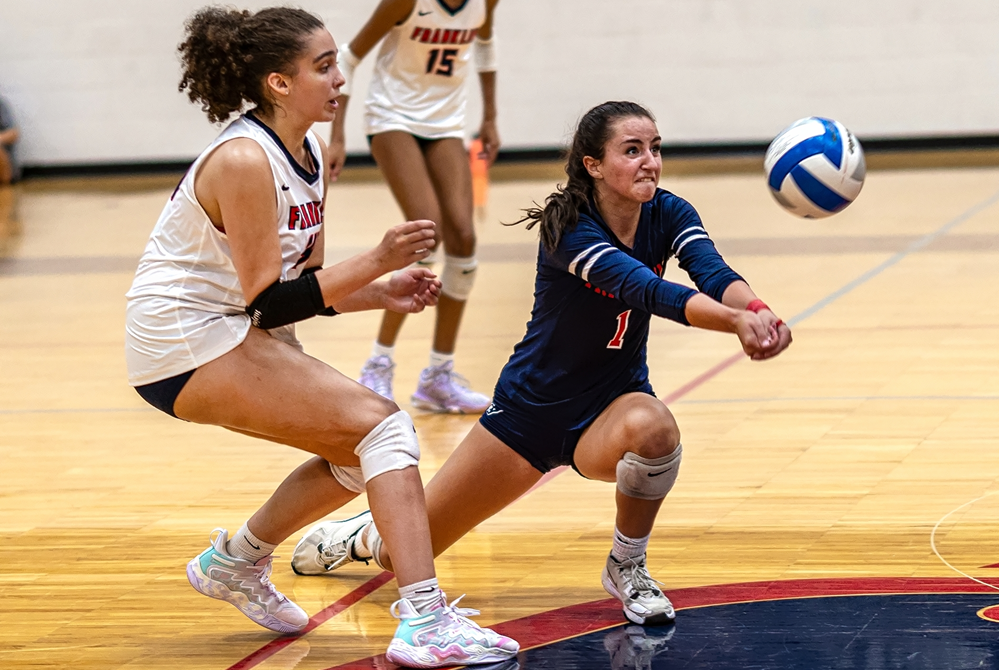
Beyond Fairness
April 11, 2017
One of the lessons I learned decades ago when I was employed at the National Federation of State High School Associations (NFHS) is that sometimes the playing rules are not fair.
The NFHS is the publisher of playing rules for most high school sports, and its rule books govern competition for most of the contests for most of the high schools in the U.S.
But the NFHS doesn’t publish the most fair rules. On purpose.
The rules for the high school level attempt to do much more than promote competitive equity, or a balance between offense and defense; they also attempt – without compromising participant health and safety – to simplify the administration of the game.
Unlike Major League Baseball, where umpires officiate full-time, and professional basketball, football and ice hockey where they officiate nearly full-time, the officials at the high school level are part-timers. They have other jobs. This is their avocation, not their vocation.
So the NFHS develops and publishes rules that minimize exceptions to the rules. In football, for example, there are fewer variables for determining the spot where penalties are enforced.
At the high school level, the rule makers intend that the rules be – for players, coaches and officials alike – quicker to learn, simpler to remember, and easier to apply during the heat of contests.

Be the Referee: Libero
By
Paige Winne
MHSAA Marketing & Social Media Coordinator
September 17, 2024
Be The Referee is a series of short messages designed to help educate people on the rules of different sports, to help them better understand the art of officiating, and to recruit officials.
Below is this week's segment – Libero - Listen
In volleyball, a libero is a defensive player who plays in the back row. It’s a fairly new position, as it was introduced in 1998 – and the libero plays by some unique rules:
► The libero wears a different color jersey from the rest of the team – so they are easily identifiable. Only one libero can be designated for each set of a match.
► The libero can serve, but can't perform an overhead set in front of the attack line, or complete an attack if the ball is above the net.
► The libero is never allowed to rotate to the front line.
► The libero is the first line of defense, often passing to the setter and covering open spaces.
► The libero can be replaced without restriction – but in the event of an injury, can only be replaced by the player the libero originally replaced.
Previous 2024-25 Editions
Sept. 10: Cross Country Uniforms - Listen
Sept. 3: Soccer Handling - Listen
Aug. 24: Football Holding - Listen
PHOTO Livonia Franklin libero Mckenna Moore (1) defends during her team's match against Livonia Churchill this season. (Photo by Douglas Bargerstock.)

